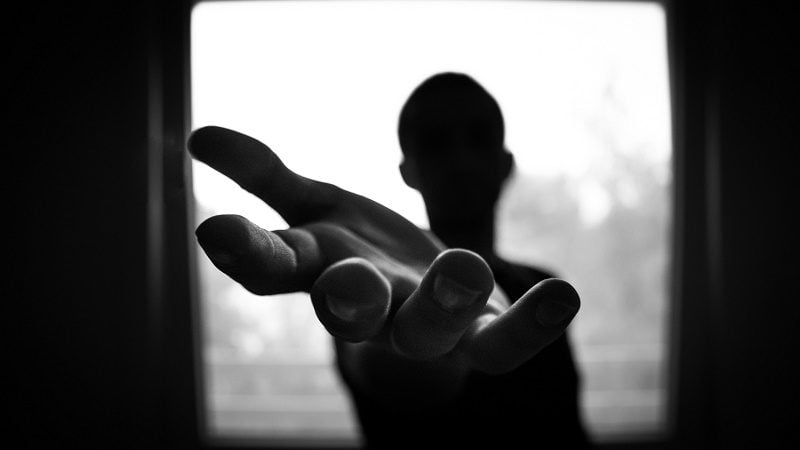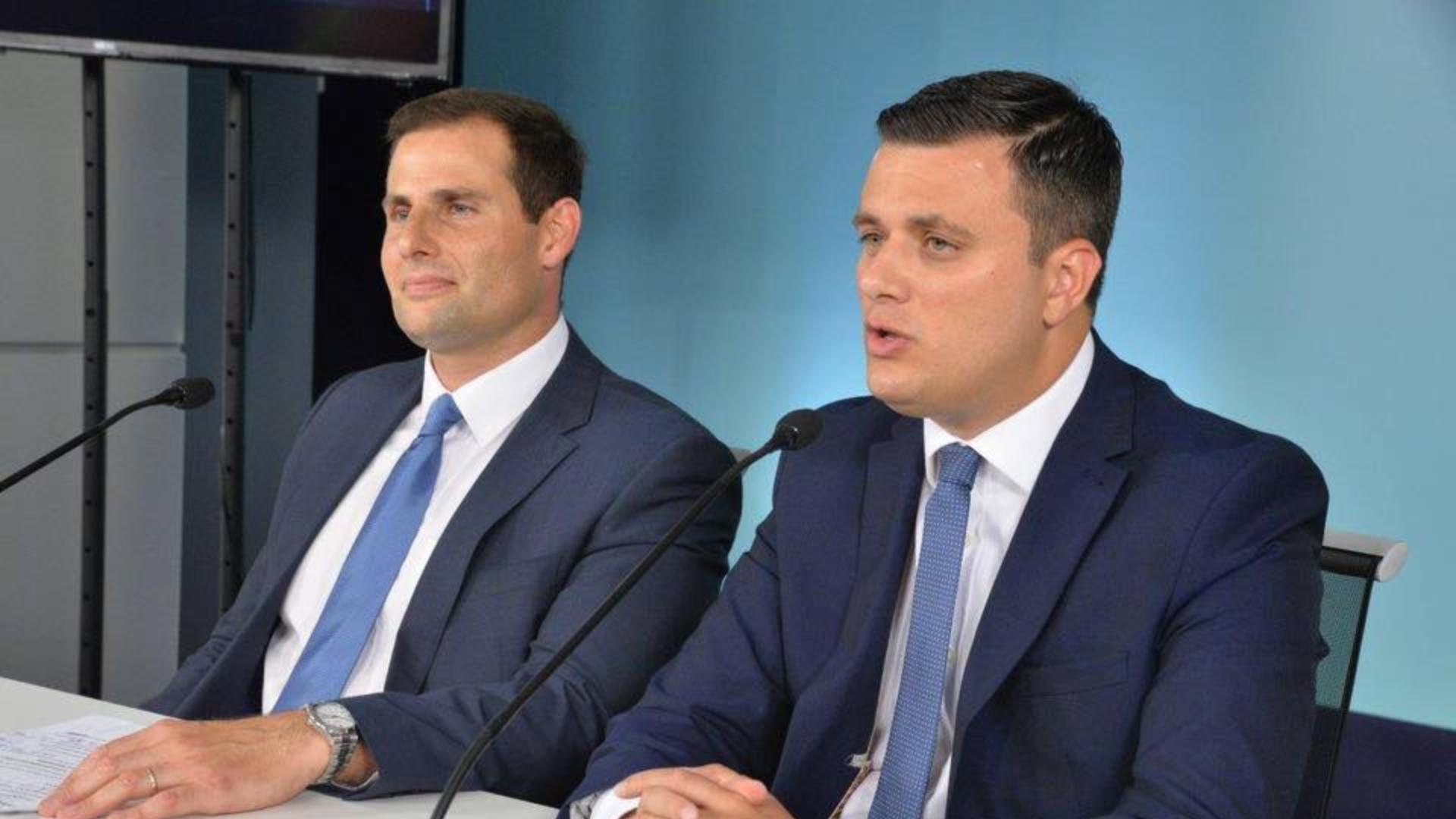The United Nations Office on Drugs and Crime has recently published its ‘Global Report on Trafficking in Persons 2018′ where Malta has earned itself a couple of mentions, although not in a positive light.
The report is designed to “put the spotlight on human trafficking in armed conflict” and it defines human trafficking as including child soldiers, forced labour and sexual slavery including individuals of various ages, genders, nationalities and backgrounds.
The report notes that the overall number of trafficked victims is increasing but that the Americas, Asia, Africa and the Middle East are leading the way in terms of the number of reported victims.
While most countries have laws in place to tackle human trafficking, there are issues with enforcement. The international community needs to “accelerate progress to build capacities and cooperation to stop human trafficking in conflict situations and in all our societies,” the report states.
The report highlights the fact that trafficking networks operate with a high level of impunity, referring to the low numbers of detected victims and convictions in different regions.
In terms of human trafficking occurring when fleeing from armed conflict, a specific focus is given to forcibly displaced populations and the risks faced by migrants travelling through Libya.
The report notes that militias in Libya are often in control of detention centres for migrants and refugees, noting that exploitation is common.
Malta falls under the western and southern Europe region in the report, which is listed as receiving a high number of trafficked victims – around 35% of the total number originating from sub Saharan Africa and 9% from western and central Europe.
Some 30% to 50% of all victims in the region are children, according to the UN report. Women account for 52% of victims, although the number of male victims is increasing.
Trafficking for sexual exploitation remains the most common purpose for trafficking, accounting for 66% of the victims. Over 70% of these are women.
When it comes to those who are convicted of trafficking, 51% are national offenders. Close to 10% come from Africa and the Middle East, and 26% from south eastern Europe. The numbers show that most facilitators of human trafficking are local to the region, as opposed to foreigners.
Malta has come under fire from the US State Department for not securing a single human trafficking conviction since 2012, in the latest annual Trafficking in Persons Report. It noted that Malta has consistently failed to meet the minimum requirements and standards for eliminating human trafficking over the last seven years.













